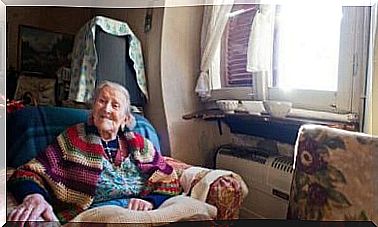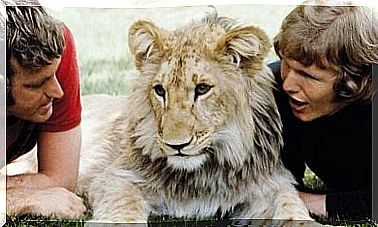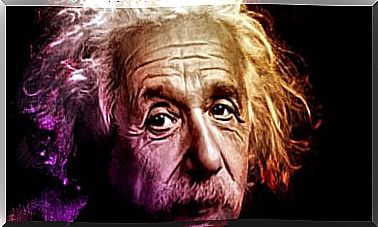5 Common Characteristics Of Diplomatic People

We often think that being too impulsive or “saying it as it is” is something negative. We think this makes us seem disrespectful. But nothing could be further from the truth. Honesty does not necessarily go against good behavior. It’s more about knowing how to send a message clearly and kindly. These are common characteristics of diplomatic personnel.
Diplomats also tend to have certain skills. These skills allow them to perform better at work and have healthier relationships. As you already know, skills can be trained! So if you want to develop these gifts, read on and take note.
In order to understand how diplomatic people work, we will address the personality traits of people who work in diplomacy, such as ambassadors. We will describe, according to the model Big Five by Costa and McRae, common traits of a diplomatic personality.

A person who has been placed in another country to mediate must be curious and open. The person must want to understand and adapt to new environments: the people, the culture and their traditions. This goes hand in hand with things like tolerance and respect.
This open mentality is the foundation on which the rest of their abilities are built. This means that you know how to listen to opinions that go against your own. It is even more important to know how to use these views to improve.
Taking into account the complaints, urges and discomforts that others convey can make you a better person. It not only improves your relationships with clients or employees, but also your relationship with yourself. It helps you to be more self-critical and understand how others are and think. So do not have a closed mind.
Costa and McRae defined this trait as the opposite of being neurotic. The level of neuroticism in diplomats is low or negligible. Let us say that there is an institutional crisis. Imagine if the people who had the task of solving it were easily influenced by their emotions.
A task as sensitive as mediation would have been a total chaos in the hands of someone who is unpredictable. A diplomat must have a calm temperament. This type of attitude is especially valuable in stressful situations and when it comes to making important decisions.
Keeping calm in everyday life strengthens your analytical and strategic abilities. Being able to stay calm in pressured situations makes a big difference. That does not mean you can not be angry or frustrated in certain situations. But the important thing is that diplomats know how to keep track of their emotions.
Diplomats must, of course, have a very strong sense of duty. To see good results, it is important to have self-discipline and order. However, this should not be turned into rigidity and stubbornness. To be a good mediator, you often have to allow yourself a lot of leeway.
The more conscientious and loyal you are, the greater your credibility and reliability will be. Think about your family members. Who would you have chosen to do a very important job? A person who has proven to be responsible in their daily activities or someone you can not trust?

In this profession, it is a fundamental personal characteristic to treat others in an appropriate way, and not only because empathy and cooperation are required in an intercultural environment, but also because contacts are important for a diplomat.
Keeping everyone around happy and appreciated and understood is an important part of their job and important qualities of diplomatic people. A friendly person tends to have a social circle based on trust and respect.
It is one of the basic characteristics of people who want to become diplomats. That said, it’s not just about making others like you. It’s not about being fake or always saying what the other person wants to hear.
It is about being coherent in your thoughts / values and your behavior without harming the people around you who have different opinions. In other words, you need to be able to make observations without harming sensitivities.
Even then, being an extrovert and being outgoing are similar traits, it can not be considered the same thing. Being an extrovert refers more to the tendency you have to want to interact with others. This is an important feature of a diplomat and useful qualities of diplomats.
A person with the responsibilities of a diplomat must be determined, talkative, social and energetic. The person must have a talent for communication and feel comfortable exchanging views with others. Many of their tasks will be more difficult if they are quiet or shy. The effort it takes will break them down.
Diplomats must therefore have a communicative and extroverted personality. They are charismatic, willing to get to know the world, emotionally stable, friendly and very responsible. How are you? Do you fit into this profile or do you know someone who does?









